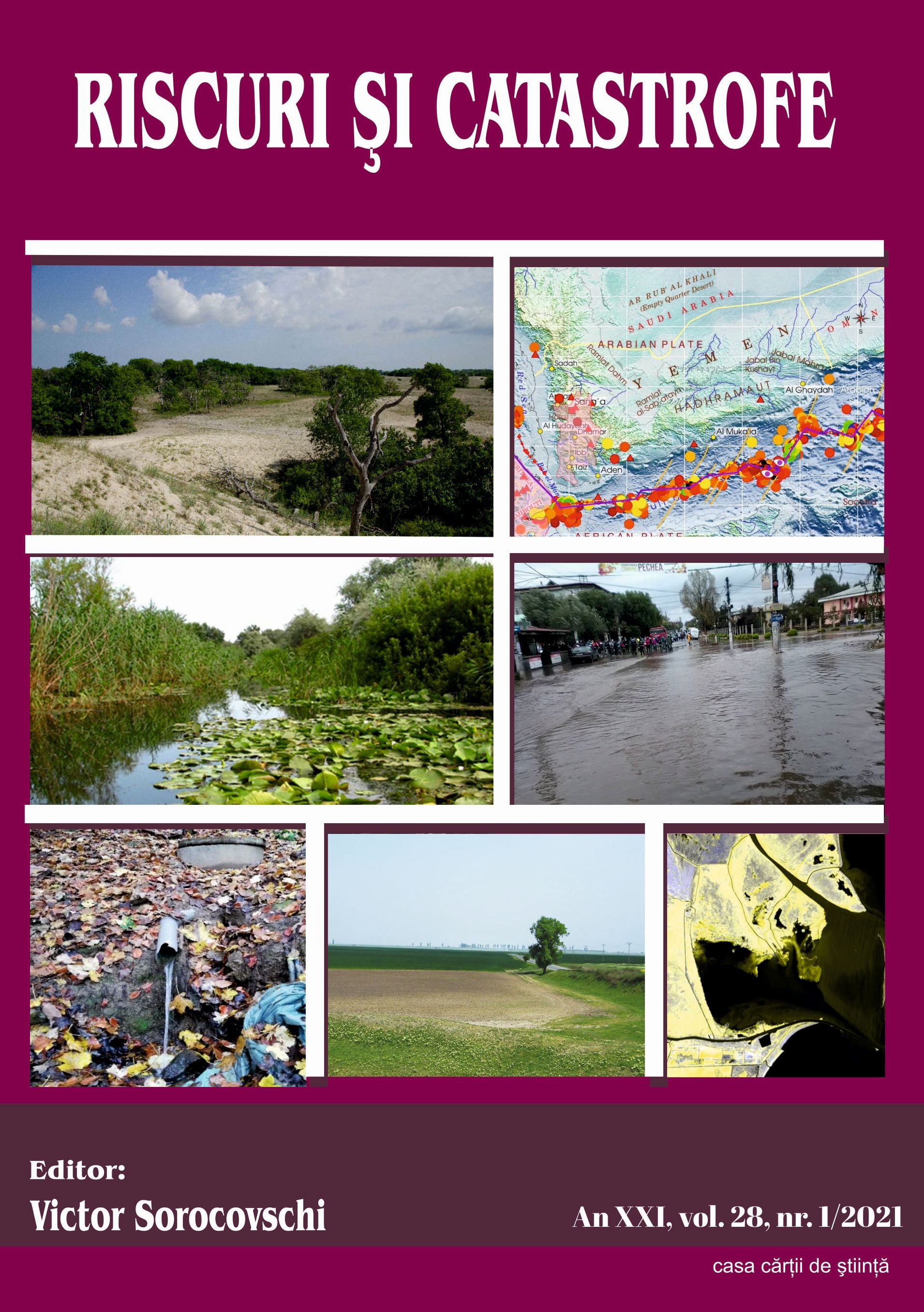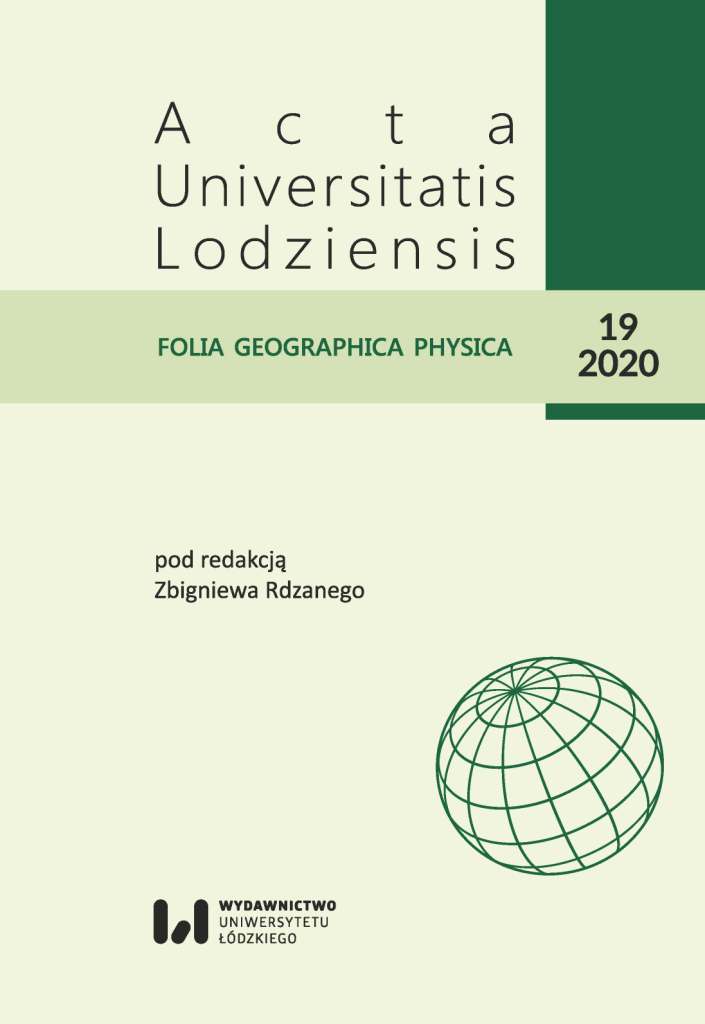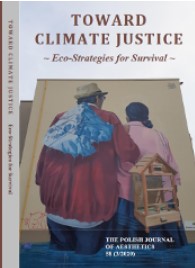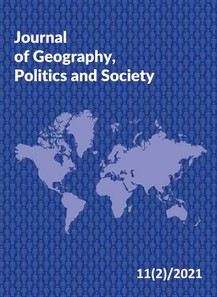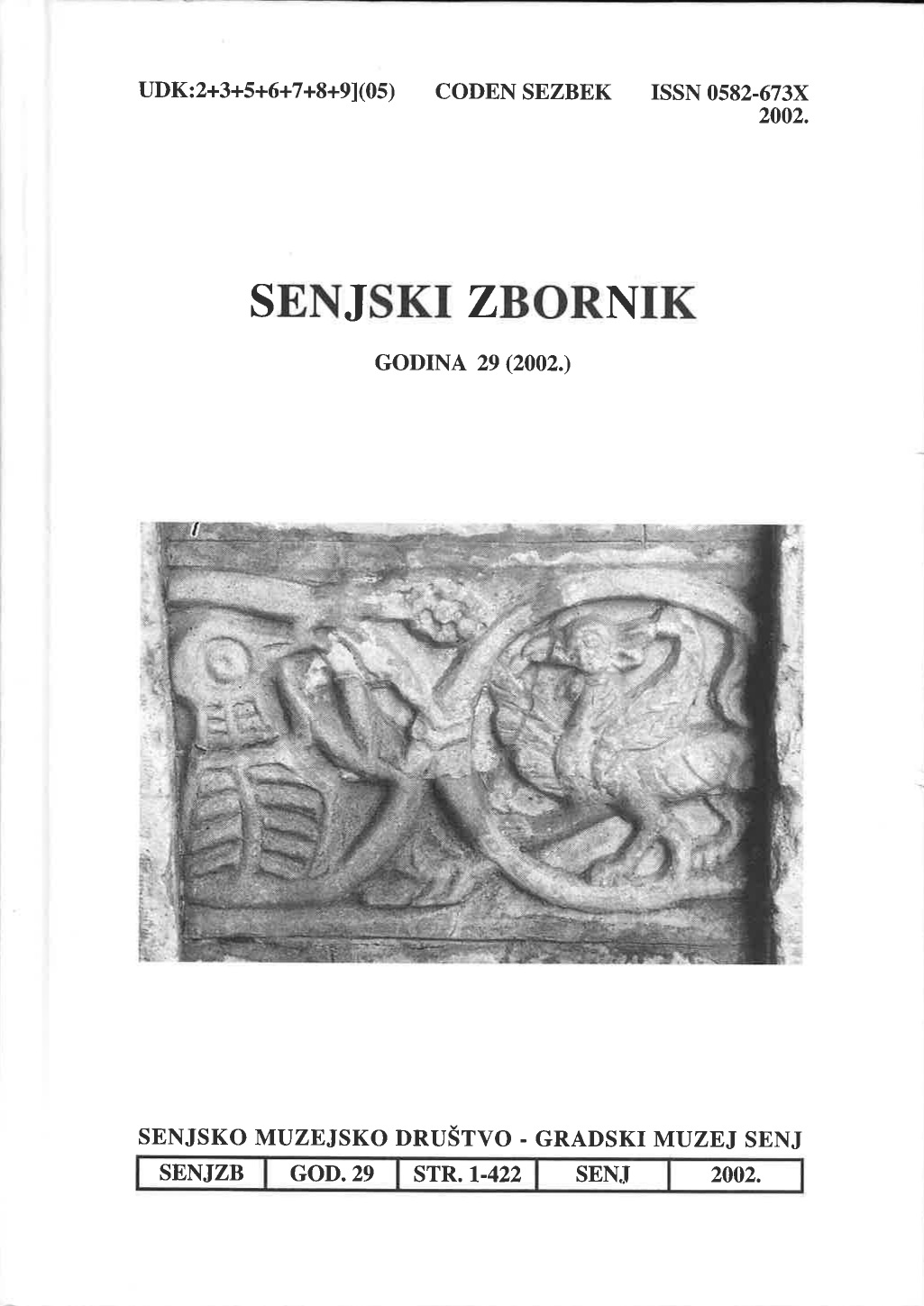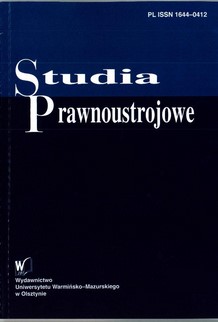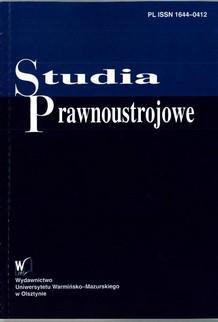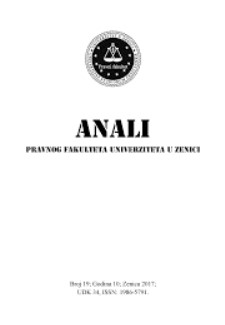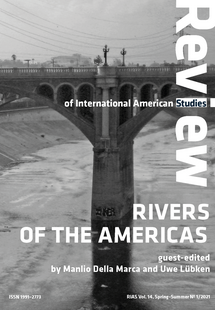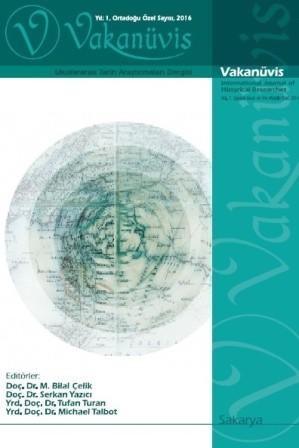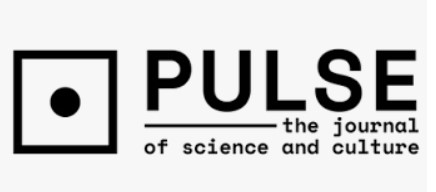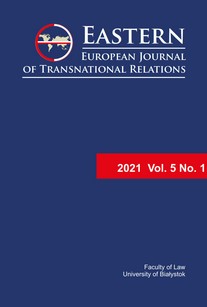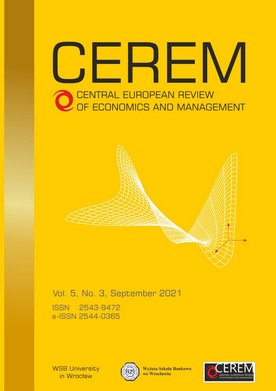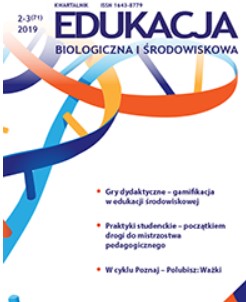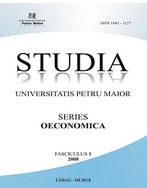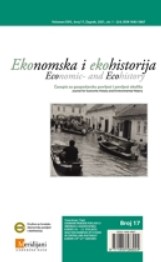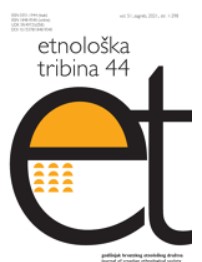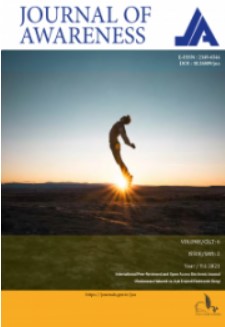
İklim değişikliğinin buzullar üzerine olan estetiği (Baykal Gölü, İzlanda ve Grönland örneği)
Climate change is the major pressing environmental topic in the world. This article’s primary concern is to illuminate, investigate, and verify the aesthetics of climate change, focusing on the fragile world of disappearing ice, especially the apace melting glaciers in the world. By closely observing the ice changes, tracks, and trails, the aesthetics of ice formation, transformation, and vanishing ice in different corners of the world leave us further evidence of the effects of melting ice. Currently, many people are concerned and affected by the vast spread of the contagious virus around the world. Nonetheless, extreme weather and climate change are what we should worry about most since such irreversible phenomena can devastate millions of people’s lives instantly. The lack of initiatives, efforts and ignorance behaviours of country leaders’ in the climate change resolution directly expose us to these threats, unprotected. This visual research affirms the importance of glaciers. It showcases the irreversible effects and the aesthetics of vanishing glaciers and icebergs’— a world of shrinking ice sheets we have never encountered before.
More...
